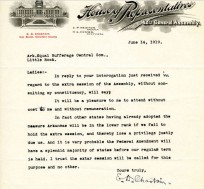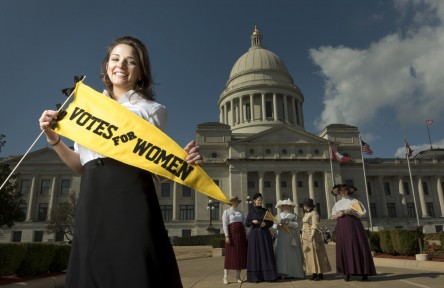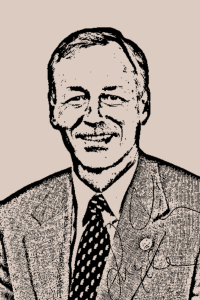[Activists on the front lines] often view professors as people who are either too timid or are not committed to the front lines of whatever political or social movement preoccupies them…This basic binary worldview obscures the complexities of engaging in intellectual activism in both social locations as well as the connections between them…the potential for intellectual activism is everywhere.
– Patricia Hill Collins, On Intellectual Activism.
My name is Alexandria Walker-Carter and I once thought that “activism” could only be fought and won on the front lines and in the front lawns of courthouses and government buildings, the road only being paved with the footsteps of hundreds and thousands through rallies and parades. After reading On Intellectual Activism by Patricia Hill Collins, I thought I had a better understanding of what intellectual activism meant, and how it related to front-line activism. However, it wasn’t until I began my service learning assignment at the Center of Arkansas History and Culture that I had gained a true understanding of intellectual versus front-line activism and watched the lines between them fade.

Correspondence from E. D. Chastain, 42nd General Assembly, expresses his willingness to attend a special session if called by the governor and vote in favor of the 19th amendment without cost or remuneration. He muses that other sates have passed the amendment, and that Arkansas will be in the lower rank and ‘lose privilege’ if the meeting is not held, and that the majority of the states will have already met by the time of the regular term, making the special session necessary.
My service learning work at the Center was to write detailed descriptions of the correspondence to and from Florence B. Cotnam (ca. 1916-1932), an Arkansas women’s suffrage activist. Each day I sat at a desk with a large manila folder of yellowing correspondence, a notebook and a pencil, all illuminated by the small lamp that sat on the corner. I titled and summarized all of the documents taking note of their date, location, and how they would be formatted for their digital versions.
As I worked through my service learning hours, I experienced steep highs and lows as I struggled to understand the power in both intellectual and front-line activism. Some days I arrived with a swelling feeling of pride in aiding the spread of oppositional knowledge. I felt empowered reading the words to and from Mrs. Cotnam as she watched her blood, sweat, and tears turn fruitful by receiving support, praise, and stature in the fight for women’s suffrage, even though there were obstacles constantly being hurled her way.
Even when she had almost no help and little education as to how rally women and fight against those who said a woman’s place was in the home, even when a large contribution went to the wrong office and could no longer be counted as the state’s contribution towards the Democratic budget for women’s suffrage, and even when a salty politician suggested that women start doing half of man’s labor (including construction) if they wanted half the vote, she pressed on and helped get women the right to vote and hold office.

Alexandria Walker-Carter poses in front of the Arkansas state capitol during the Women’s Primary Suffrage Centennial Day celebration on Feb. 7, 2017.
In the end, I not only gained a new respect for intellectual activism, I also gained a better understanding and respect for those who do occupy the front lines of activism. I got a completely different view of what it takes to make the rallies, parades, protests, and votes. It is hard not to get excited about that.
The example of perseverance made by Florence B. Cotnam, as well as the opportunity to catalog her correspondence at the Center, helped me gain a true and full definition of activism as a whole, letting the binaries between active and intellectual activism fade away. Through the highs and lows, I now know I have to understand “activism,” I must remember the unglorified man/woman-hours spent writing letters, educating and rallying those facing oppression, or helping give someone else the tools to do act.
Alexandria Walker-Carter is a Saline County native. She is a UALRworks intern for the Center for Arkansas History and Culture, and a sales associate for the Clinton Museum Store. Her future plans involve using her language training for public and community service purposes. She will graduate in May 2017 with BA in Professional and Technical Writing and an English minor.

